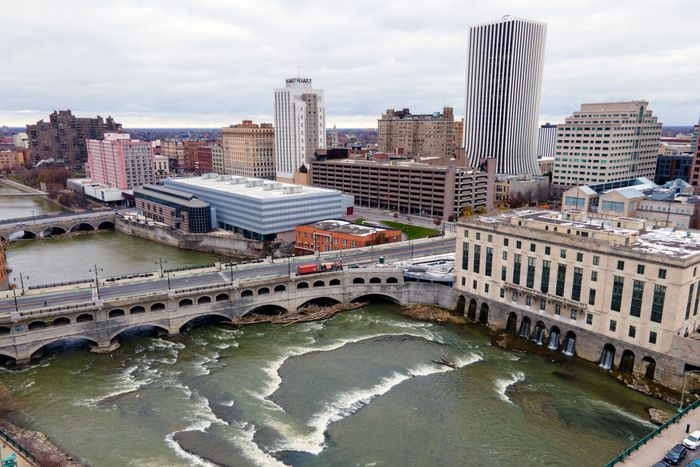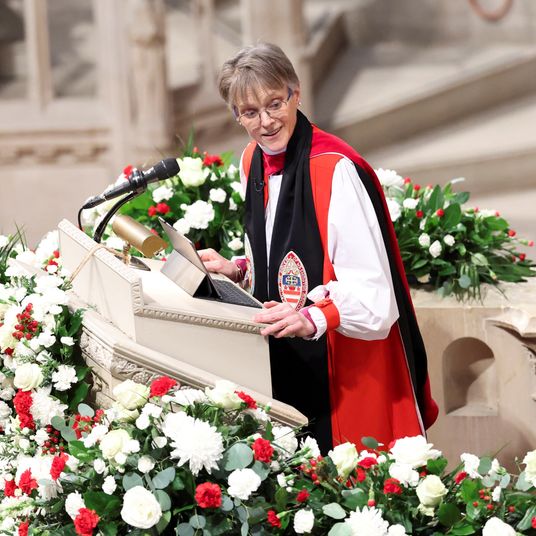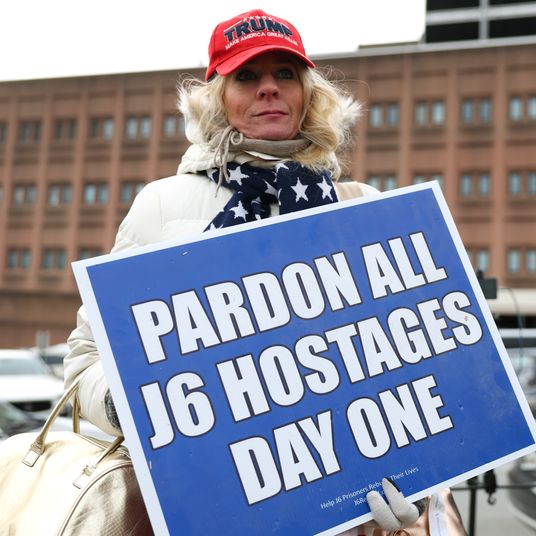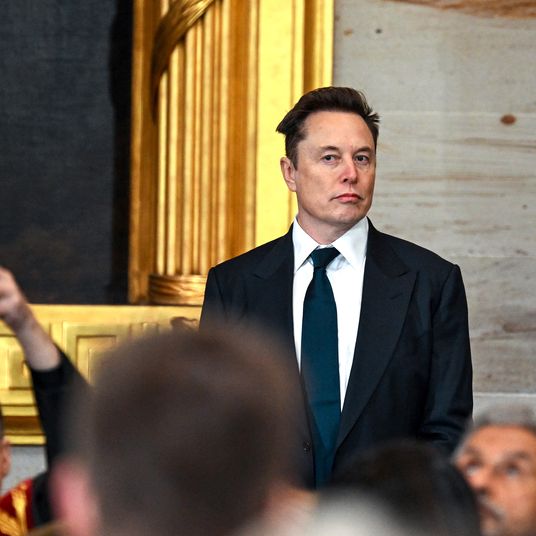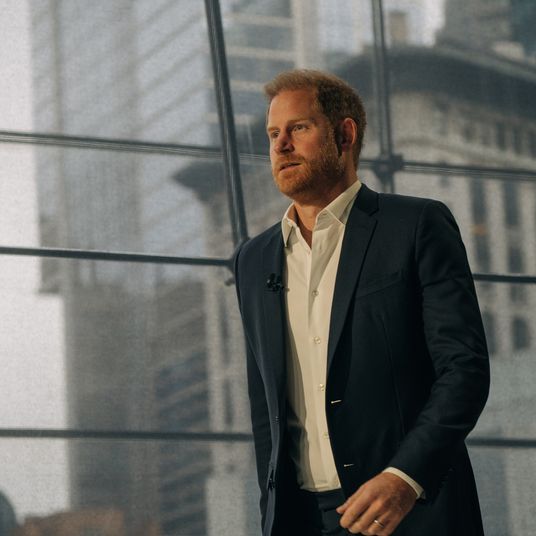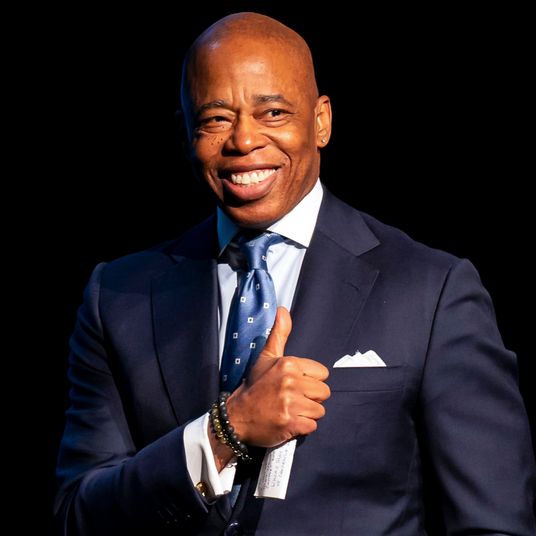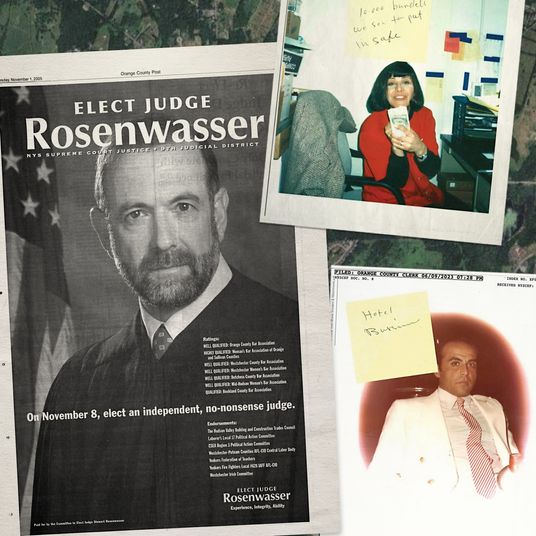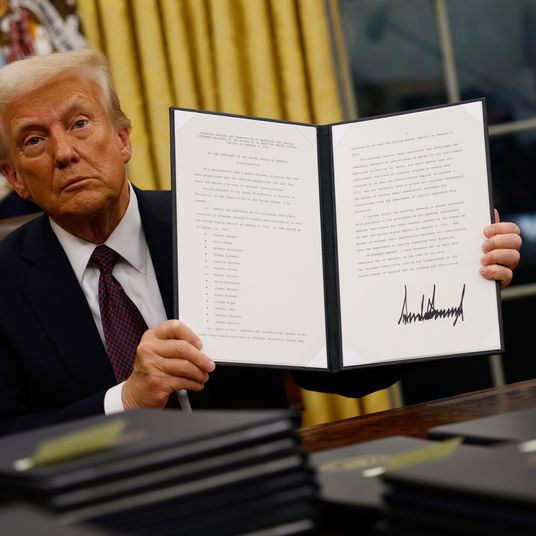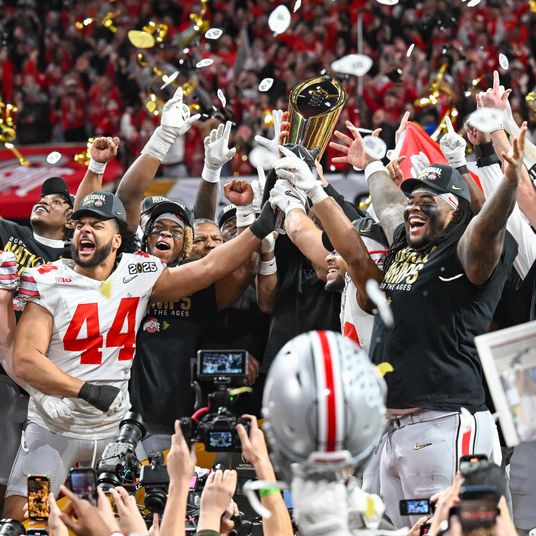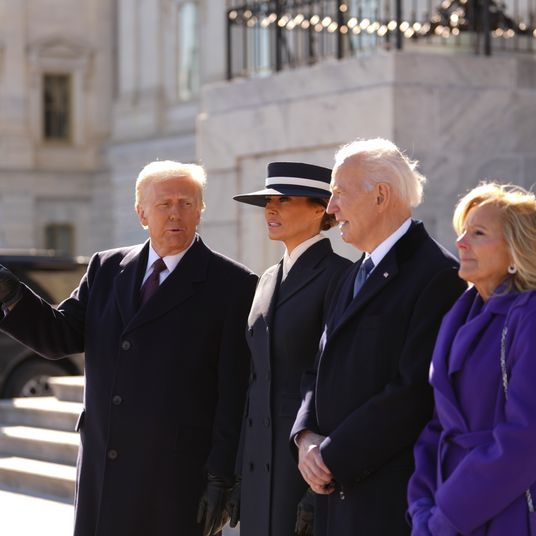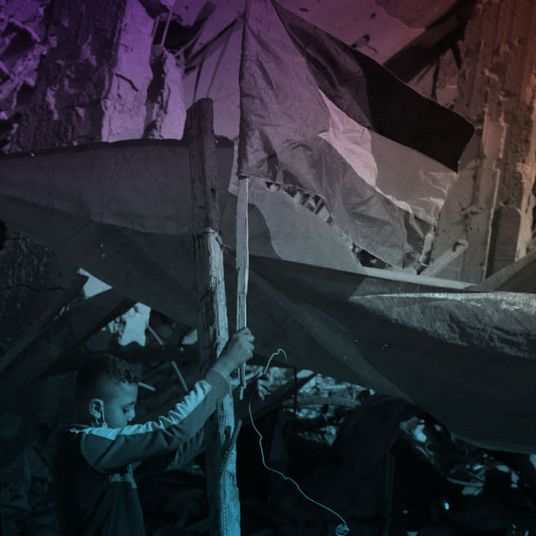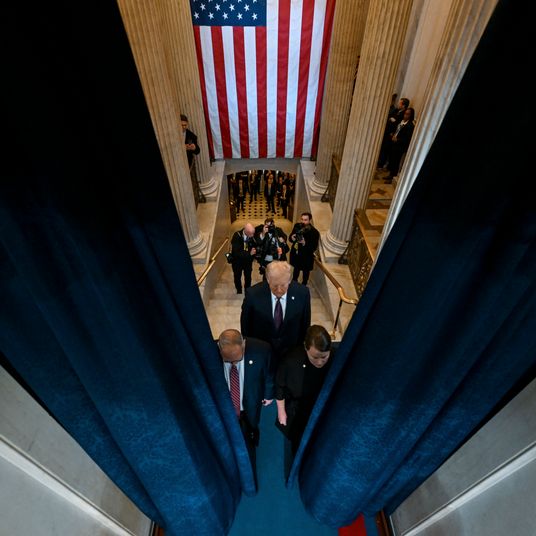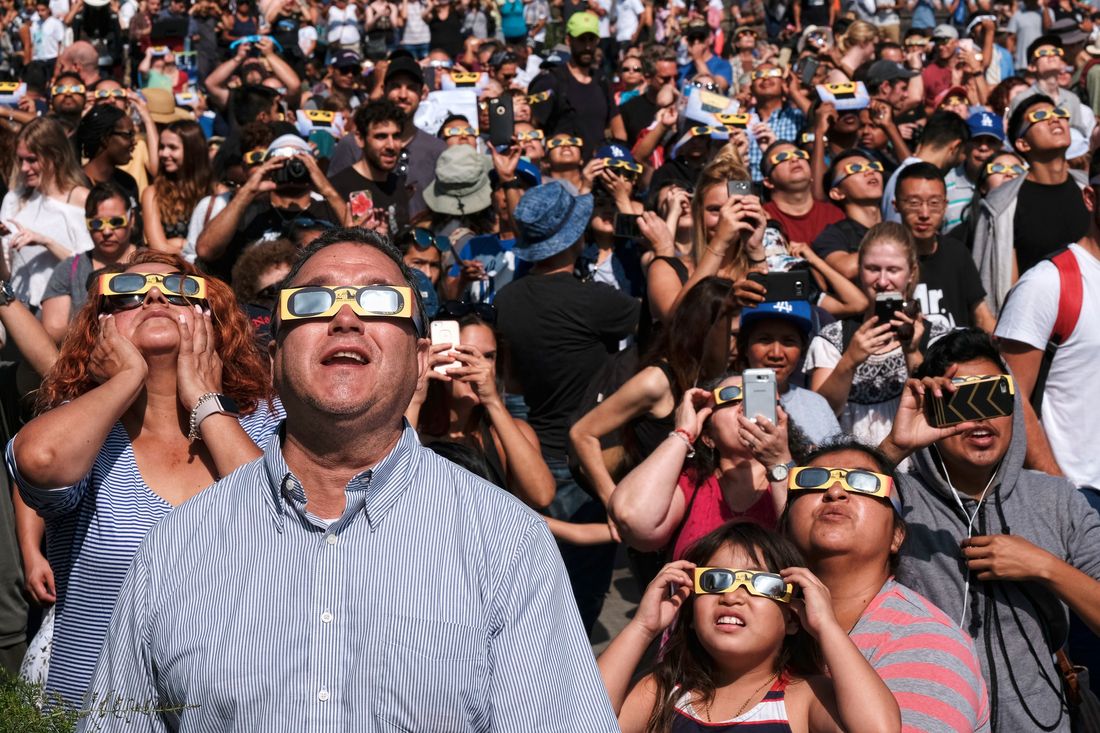
On the afternoon of Monday, April 8, the moon will pass directly between the Earth and the sun, producing a total solar eclipse. Across North America, skies will darken, temperatures will drop, and pets will absolutely lose their minds. But for maximum results, viewers will need to be inside the “path of totality,” i.e., the darkest part of the moon’s shadow, which will move diagonally through the U.S. from Texas to Maine.
New York City is not within this path. Neither is Boston, Philadelphia, or D.C. The largest easternmost city that will see the full benefits of the eclipse — and therefore present the most convenient vantage for eclipse hunters from major seaboard cities — is Rochester, New York.
“We’re expecting anywhere from 300,000 to 500,000 people,” says Rachel Laber Pulvino, a spokesperson for the tourism agency Visit Rochester. That’s not just wishful thinking. Half a million people visited Greenville, South Carolina, when it was similarly positioned for the last North American total eclipse in 2017. The influx could more than double Rochester’s population. (There are roughly 211,000 people in the city proper, but about a million live across the six counties that make up the Greater Rochester area.)
This is a lucky turn of events for my beloved hometown, which is usually touristproof thanks to its bad weather and an economy that hasn’t been the same since Kodak, Xerox, and Bausch & Lomb pulled up stakes. But while decades of Rust Belt decay have had their costs, they’ve also taught Rochester to be proud when it has something worth celebrating. (If you ever need to kill five hours, just ask a Rochesterian about garbage plates, Genesee Cream Ale, or the bronze statue of local hero Philip Seymour Hoffman that we accepted with relish after it was apparently rejected by New York.) So now that the city is officially a matter of astronomical importance — or at least it will be on eclipse day for three minutes and 38 seconds beginning at 3:20 p.m. — you can bet that Rochester will make the most of this opportunity.
With less than a month to go until showtime, the talking points have been dispersed — from the Wegmans on Latta Road to the Wegmans in Pittsford Plaza, from the George Eastman House to the House of Guitars — and practically anybody with a 585 phone number can tell you how momentous the eclipse will be. But let’s start with Hilary Olson, president and CEO of the Rochester Museum and Science Center. “Whenever people have a shared experience, it’s almost always negative: Where were you on 9/11, or when a celebrity died, or during the COVID lockdown? But this is a shared experience that we’re all going to have that’s super positive,” she says. “And for Rochester, it’s unprecedented. We’re going to have more people than we’ve ever had visiting the area. We live in a very special time.”
As such, Rochester is preparing to unleash the greatest eclipse celebration that Western New York has ever seen. The RMSC will host a three-day festival featuring planetarium shows and presentations from celebrity astronomers; the museum has printed up half a million eclipse glasses so nobody fries their eyeballs. The conductor of the Rochester Philharmonic Orchestra has composed new space-themed music that will debut in an April 7 performance at the Blue Cross Arena. Rochester businesses are cashing in with eclipse-themed beer (“Totality Black Lager”), wine (“Cosmic Rosé”), and brunch menus (“Crescent Crab Benedict”). There will be eclipse viewing parties across the city: You can meet an astrophysicist at the Seneca Park Zoo; get an autograph from Mittsy, mascot for the Rochester Red Wings, at Innovative Field’s “Solarpalooza”; or take in the “Alpacalipse” at the Lazy Acres Alpaca Farm.
The planning for all this began seven years ago with a local eclipse hunter named Debra Ross. Her daughter begged her to take an 800-mile road trip to Kimmswick, Missouri to catch the 2017 eclipse, and Ross was forever changed by the experience. “In the minute and a half that we were in totality, I understood what it was all about. You can feel yourself in the universe with your body,” she says. In a cosmic stroke of luck, Ross was about to begin a job as the chair of Visit Rochester. (She has since taken on a planning role with the American Astronomical Society.) “I thought, Well, I know everybody in Rochester, so I’m starting an eclipse task force. I began every monthly Visit Rochester meeting by asking, ‘What’s happening on April 8, 2024?’ Total solar eclipse.’”
The other thing that might happen that day is gridlock traffic. In 2017, highways near the path of totality were clogged when eclipse viewers split for home immediately after the sun reappeared. “It was a nightmare,” says Olson. “There was a bridge from Kentucky to Ohio that was backed up for 17 hours.” Due in part to these concerns, Rochester-area schools will be closed on April 8, so buses won’t get caught in the mess. (This is unusual to say the least. When I was growing up, school in Rochester was almost never canceled, not even for bomb threats, water-main breaks, or blizzards that would’ve shut down New York City for a month.)
The Rochester eclipse task force is also hoping it can ease traffic by enticing visitors to stick around until April 9. “We’re trying to get people to stay over Monday night,” says Jim Stack, executive director of the Genesee Transportation Council. “Hotels are doing two-night minimums, there are cultural events” — including a concert by the country singer Dylan Marlow that will kick off immediately following the eclipse — “and we’ve come up with the hashtag #TakeTuesdayToo.”
But of course, the real nightmare scenario would be gray skies. Rochester is one of the cloudiest cities in the U.S. What happens if half a million people show up for the eclipse and can’t see it? “The difference would be significant,” says Olson. “If it’s cloudy, the sky would still get dark, but you wouldn’t be able to see that crescent sun as it goes into totality.”
“Take a look at this,” says Stack, dropping a picture into our Zoom chat. “That’s a satellite photo of the U.S. on April 8, 2023. People say, ‘Rochester will be cloudy, so go to Texas for the eclipse.’ But last year, Texas had significantly more clouds.”
That may not necessarily mean much next month. “From this far out, we can only use history as a guide, and in early April, it’s difficult to have sunny weather here,” says Scott Hetsko, meteorologist for the Rochester ABC affiliate WHAM-TV. “The last two years we’ve had blue skies on April 8, but statistically that wouldn’t bode well for this year. It will just depend on the wind and moisture on the day.”
Still, this will be the last total eclipse in North America until August 23, 2044, so anybody who wants a chance to see it should probably make their reservations now. Most of Rochester’s hotel rooms are already spoken for between April 7 and 9, and even the downtown Hampton Inn, which at press time has one suite available, is charging $700 a night. “I look at some of the hotel rates,” says Stack, “and think, for that place? Over on Ridge Road, or by the mall on 390? Are you kidding me?”
“It’s exciting,” says Edie, a concierge at the city’s nicest hotel, the Inn on Broadway, which has been fully booked since last April. “People don’t usually come to Rochester unless they have a purpose, and it’s nice to have a purpose.”


